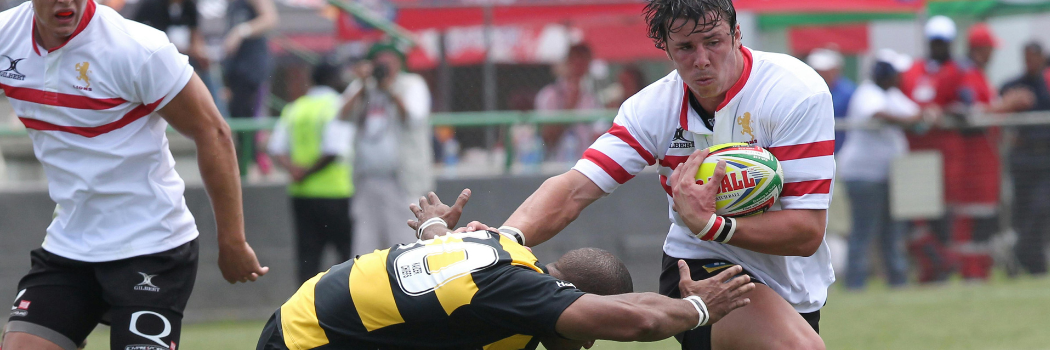
A new study shows that retired rugby players who have suffered multiple concussions have abnormal levels of certain proteins in their blood.
This may make them more prone to developing diseases such as motor neurone disease (MND).
This is what new research led by our bioscientists has found as part of the UK Rugby Health project.
Early diagnosis
It shows that it may be possible to measure specific key biomarkers. These biomarkers can indicate disease or predict possible future disease in the blood of athletes who have suffered multiple traumas to the head.
If athletes' blood can be tested and monitored for these specific proteins, it may be possible to diagnose them early for neurodegenerative diseases and provide early interventions.
The research team strongly recommends monitoring of players of contact sports after they retire, especially if they have suffered concussions.
Brain health
The 30 retired male rugby players who took part had a substantial history of concussions during their playing career. Their blood samples contained more indication of neural damage compared to a control group of 26 fellow athletes who had not suffered head trauma.
Researchers found abnormal levels of certain proteins in the players with concussions during their career, which play a crucial role in the development of Alzheimer's and MND, compared to the healthy control group.
They also found that the rugby players who had been concussed in their career had lower levels of a different so-called retinoid transport protein which is important for the development and functioning of the brain.
Monitoring health
In recent years, a lot of effort has been put into developing biomarkers in blood that could potentially help with early diagnosis and monitoring of neurodegenerative diseases such as Alzheimer's or motor neuron disease.
This study may provide the beginnings of a biomarker toolbox to periodically monitor the brain health of retired contact sportspeople, particularly those with a history of concussion.
It could also help to shape necessary interventions to minimise the development of future neurodegenerative disease. A range of interventions are currently in development at Durham University.
However, as the interventions will need to be tested in clinical trials, the researchers stress that it could still be a few years before they could become available.
The researchers are looking to secure urgent funding to carry out a follow up study with the retired players now. This will give a clearer idea of the current levels of the relevant proteins in the players' blood including any changes, their current health status and potential health outcomes.






